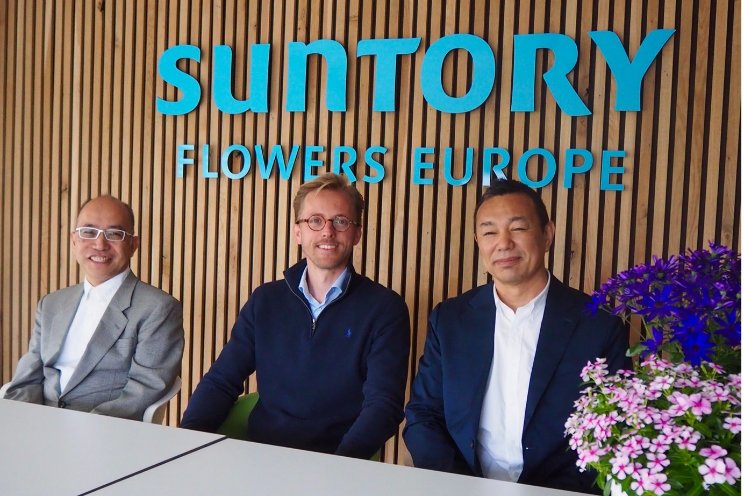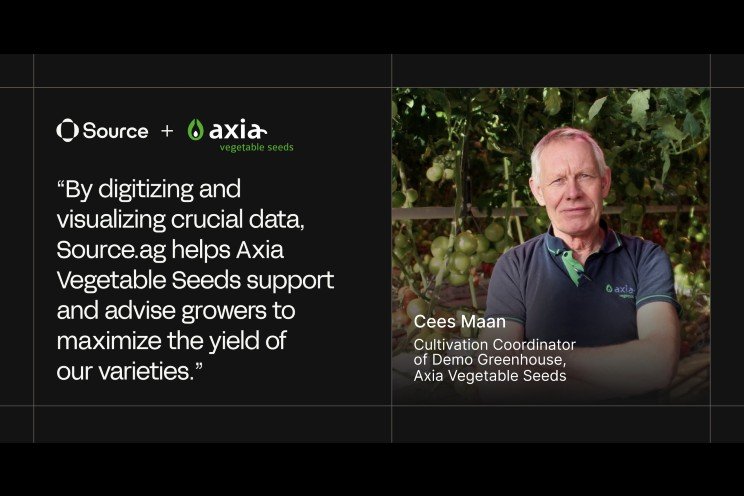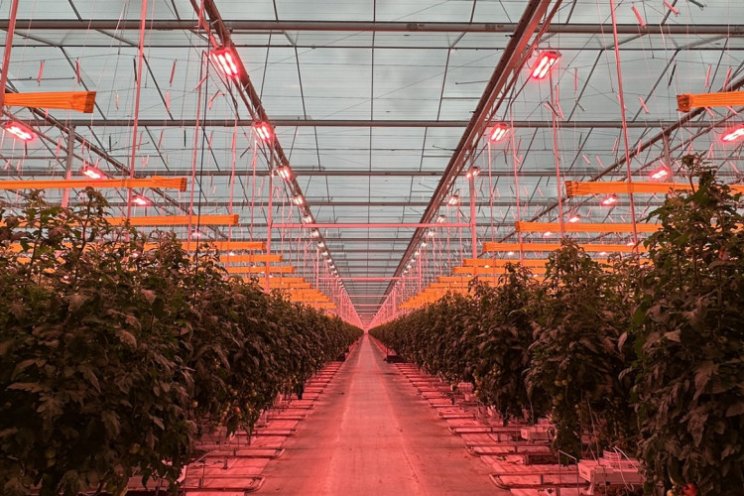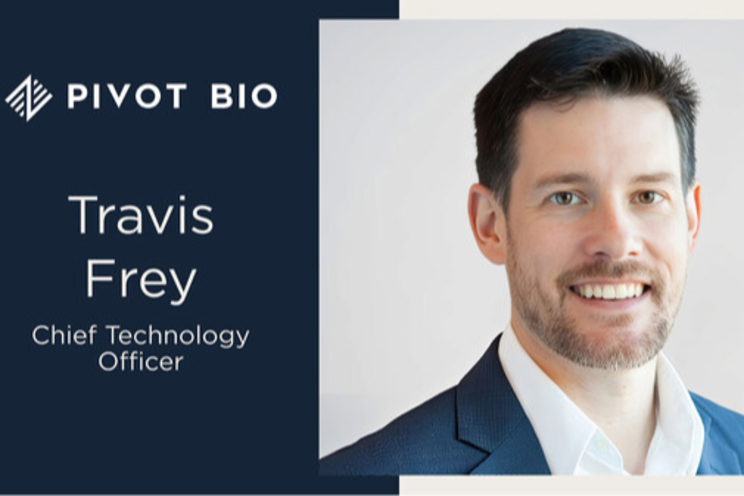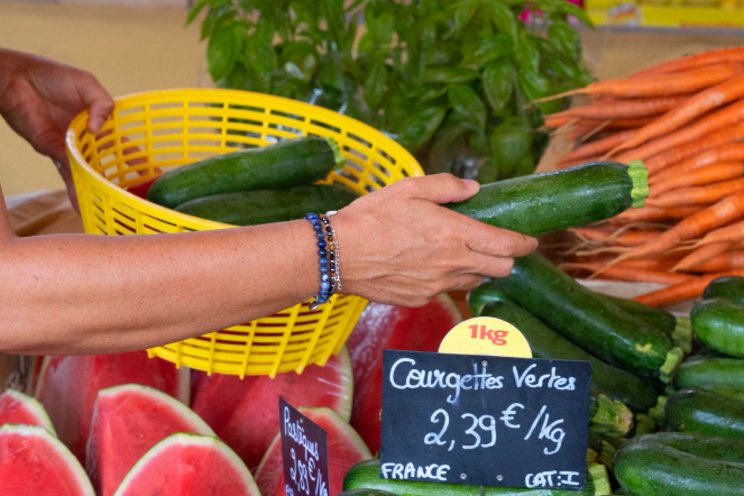The power of algorithms according to Robert van der Lans
Added on 06 January 2021
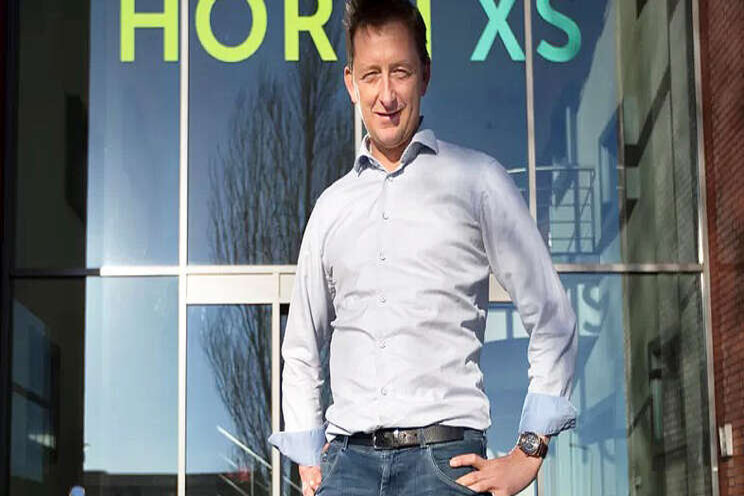
1. Robert, can you describe what you mean by autonomous growing using algorithms?
"Of course I didn't pay much attention when this subject was being discussed at school, but I see an algorithm as a type of decision structure helping people to take decisions on a variety of issues. Recording these decision structures in a software program and having as many people as possible confirm them, gives you a reliable algorithm for controlling all sorts of things that were done previously by people themselves. I recently read the book 'Homo Deus' by Yuval Harari, where he states that man himself is actually an algorithm."
2. What advantages do you see in working with algorithms?
"I just mentioned the contention that man himself is an algorithm. But if we let a large collection of people make the decisions on a certain issue, program this into software, while letting the decisions grow through data collection, this adds a growing number of insights and then you can let software make the decisions. Because today's chips can calculate so much faster and can handle so many more things at once, fewer errors are made (the algorithm in the computer doesn't forget), and more things can be overseen at the same time. I believe this leads to a more refined optimization of the use of capital goods such as machines, but also high-tech horticultural complexes."
3. How do you see the application in terms of your company and products?
"I expect that increasingly, we will incorporate such automated self-learning algorithms into the design and realization of our projects, for energy management and cultivation management. Projects are growing steadily larger in scale, which raises the financial risks and makes it more difficult for human beings to control the climate and energy. Algorithms are then an excellent tool for acquiring more control, and they are a kind of safety net for preventing unnecessary mistakes."
4. Where and how do you think autonomous cultivation will be applied in horticulture? What still needs to be developed?
"To be honest, I think it will very soon become commonplace, as soon as growers and investors have experienced the convenience. We're still in the phase of experimenting with first movers. I don't believe it will be long before the critical mass is reached.
"Following on from that, feeding the algorithm with as much data as possible is the most important condition for obtaining a reliable automated algorithm."
5. What's your advice to growers and investors who may still have doubts about growing with algorithms?
"I think every grower should start with this to gain experience. If the grower himself can still intervene in the traditional way, then I don't see why he or she should still have doubts."
6. What tips can you give Blue Radix to develop algorithms further?
"I believe it's important that you always design the decisions that the algorithm makes, from the primary process for which it has been set up.
"In the case of energy management, of course this is the most economical way to buy and sell electricity and gas.
"For crop management I think it's the optimization of the photosynthesis process. Because this optimization differs slightly for each crop, the cultivation manager will continue to play an important role here for the time being.
"I think keeping an open mind is the most important thing.... And always wondering whether what you say is really right."
Source: Goedemorgen
More news

